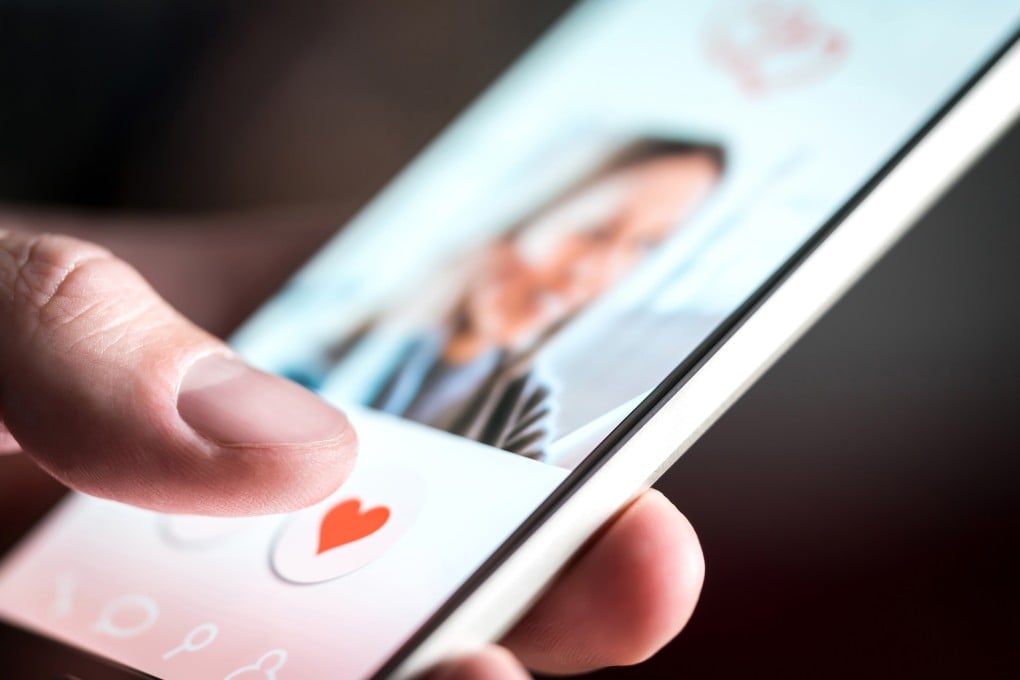Asian dating app start-ups think they’ve cracked the code to disrupt Tinder and Bumble
- Singapore-based YouApp and Hong Kong-based DayOne look to offer a more human touch to online dating than giants like Match Group, which has been struggling
- YouApp has drawn in more women by integrating features like horoscopes and Myers-Briggs tests, while DayOne only lets users chat after confirming a date

When Singaporean entrepreneur Douglas Gan launched his dating-focused mobile platform YouApp in 2023, there was little to differentiate it from established players like Tinder and Bumble – then a major revamp changed everything.
In January, Gan added a number of personality tests targeting specific demographics and cultures, helping YouApp to stand out by solving a problem that most dating apps still struggle with: the fact that men greatly outnumber women.
The approach has proven particularly popular among female users. Of YouApp’s roughly 20,000 monthly active users, 62 per cent are women, Gan told the South China Morning Post in a recent interview. Its largest markets are Singapore and Malaysia, followed by the US, Greater China – which includes Hong Kong and Taiwan – Mexico and Spain.
“We are lucky because most of the apps have more men, but we have more women,” said Gan. He said YouApp’s new approach gives women information that they often make an effort to find themselves.
When chatting with a potential partner, a woman may “ask for his birthday, then she will go check the horoscope and Zodiac”, Gan said. “We automate the compatibility part and break down the difficulty. Because of that, we got a lot of ladies who joined the app, and they really liked it.”
A report by the Pew Research Centre last year, based on a 2022 survey, found that 54 per cent of women in the US felt overwhelmed by messages on dating apps, while 64 per cent of men expressed the opposite.
Roxanne Wong, co-founder of another new dating app called DayOne, said that some women avoid using dating apps because they are “afraid of getting hurt emotionally”. This is in line with the Pew survey, which found that “women are more likely than men to say online dating is not too [safe] or not at all safe”.
